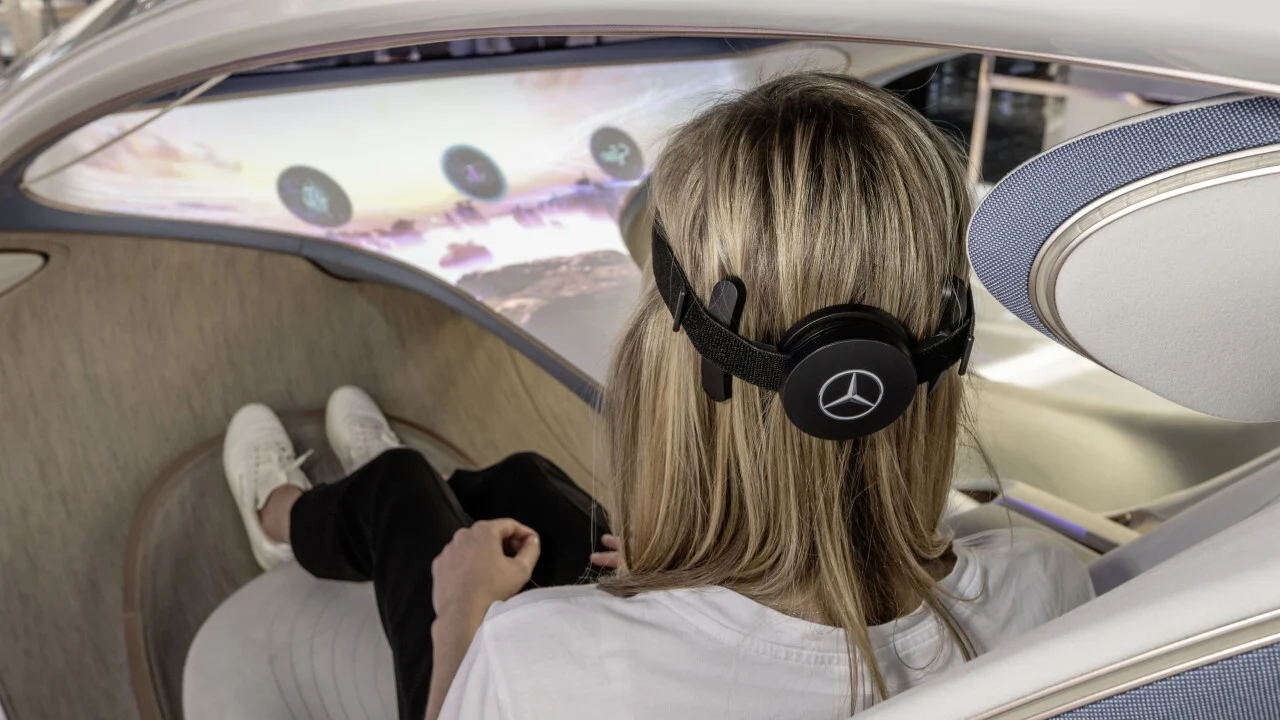Scientists have unveiled an innovative car that you can control using just your mind. A team of 16 sensors was employed to read brain signals and transform them into mechanical commands for the car.
Researchers found themselves easily capable of steering, accelerating, and braking their vehicle with only minor delays between their intended commands and its responses.
Self-driving cars
Self-driving cars have become the star attraction, but what if we could imagine an alternative reality where thoughts could translate directly to action taken by your car? Engineers and scientists alike have long worked toward this end goal and recently developed a system that can transform brainwaves into control signals for steering wheels, brakes and gas pedals of conventional vehicles.
BrainDriver was developed at Freie Universitat Berlin’s AutoNOMOS innovation labs using a Volkswagen Passat equipped with EEG sensors and clever software. For use, one first trains their mind by moving virtual cubes on screen using only thoughts before using EPOC neuroheadset to interpret bioelectric signals emitted by 16 EEG sensors, turning these bioelectric signals into commands for drive-by-wire autonomous systems within cars.
Researchers say their device will aid those unable to safely operate regular cars, including elderly drivers or those missing limbs, such as elderly individuals or those experiencing leg loss. It could also give healthy drivers “an innovative driving mode experience”.
Brain-controlled cars
Nissan unveiled research today that will enable vehicles to interpret signals from a driver’s brain, revolutionizing how people interact with their vehicles. Their Brain-to-Vehicle (B2V) technology promises faster response times and allows constant adaptation by vehicles for easier driving experiences – something the company plans on demonstrating this week at CES Las Vegas.
This system works by detecting and decoding EEG brain signals, and translating them into commands for the vehicle’s sensors and actuators. This technology could assist individuals with disabilities gain independence and mobility; reduce carbon emissions; provide personalized driving experiences; or enhance environmental sustainability.
Mind-controlled cars may seem fascinating, yet they come with risks. Distracted driving remains an ongoing issue and it would not be safe to drive while texting or talking on the phone. Furthermore, this technology raises serious issues related to data security and privacy.
Hybrid artificial intelligence
Hybrid artificial intelligence is a combination of symbolic and non-symbolic AI techniques that enables computers to access data and knowledge in an understandable, machine-readable format. This is particularly beneficial when business processes revolve around language such as when someone requests concert tickets.
Customers seeking specific ticket types or front row seats might request them through natural language processing algorithms that would store this request in the knowledge graph, making retrieving this information easier for people.
Hybrid AI offers several other benefits to businesses. It can automate certain business processes, improve QC/QA processes, increase visibility and traceability as well as enhance documentation and traceability – helping reduce costs, optimize supply chains, manage risks more efficiently, boost productivity and enhance customer service. Implementation requires specific skills and talent; such as hiring data scientists for training AI models then integrating it with business operations.
Future of artificial intelligence
Researchers are striving to make artificial intelligence part of everyday life. AI holds enormous promise to revolutionize society in many ways, from increasing productivity and healthcare efficiency, to streamlining transportation processes. But its use raises ethical concerns such as bias and discrimination; furthermore, the technology could potentially monitor people’s activities and social interactions, leading to privacy violations; or it may even predict crime patterns and terrorist acts.
Last year, researchers at Freie Universitat Berlin demonstrated a car that can be controlled solely through thoughts. Their brain-controlled car relies on commercially available sensors that measure bioelectrical signals from people’s heads; these measurements are then translated into commands for its drive-by-wire autonomous system. Testing took place in Berlin’s former Tempelhof airport where users were able to control steering, acceleration and braking with just slight delays between their mental commands and responses from the vehicle.








